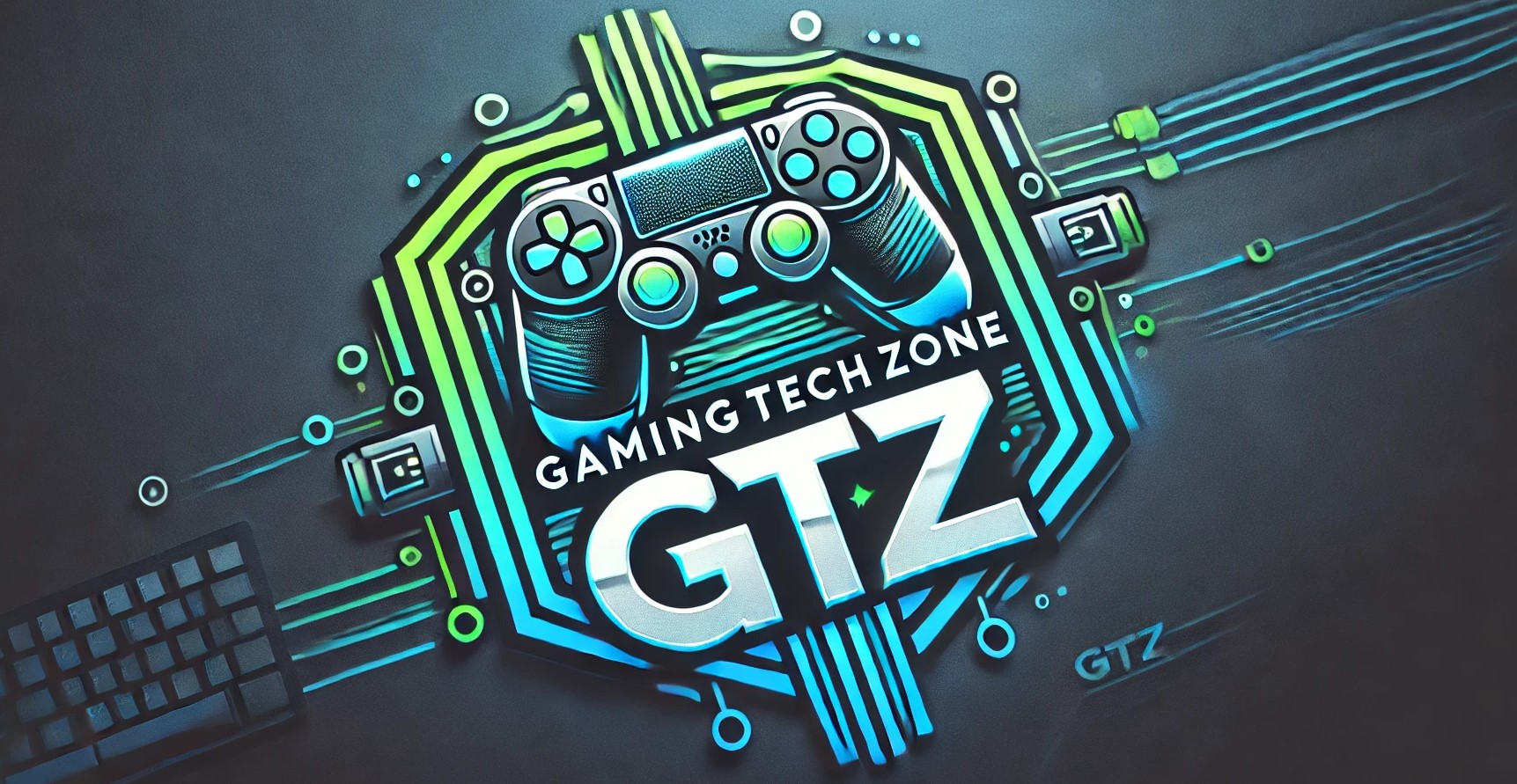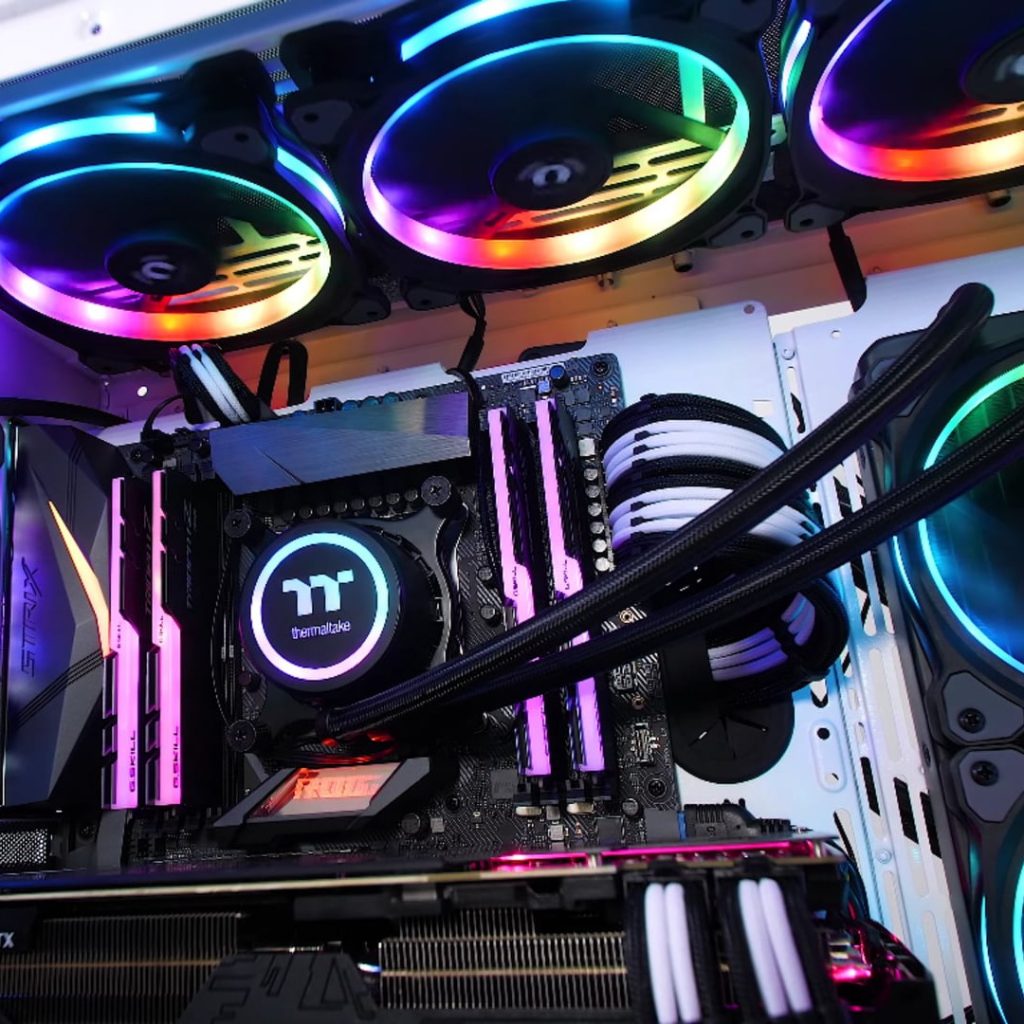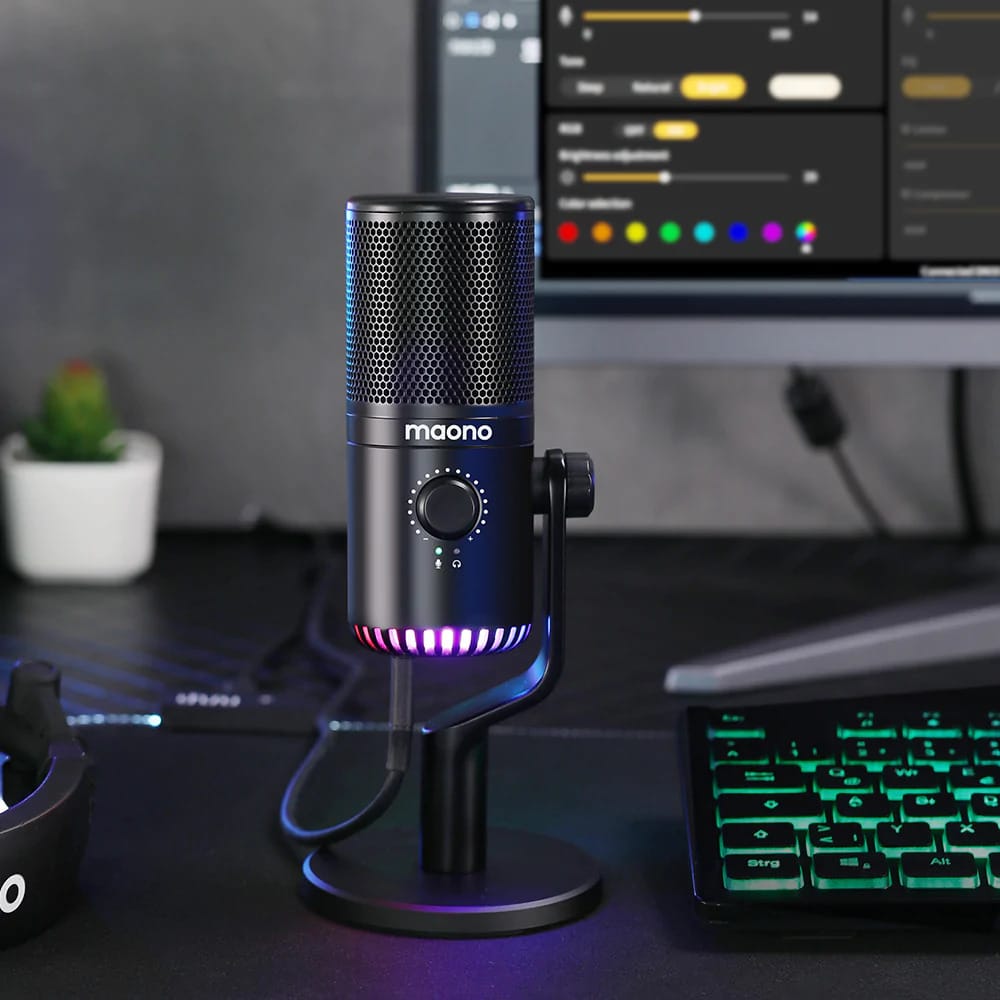When you purchase through links on our site, we may earn an affiliate commission. Learn more...
Lenovo vs Dell vs HP vs ASUS Laptops: The Ultimate Guide

Buying a Windows-based laptop sounds like an easy task, right? Well, it should be, but that’s not the actual case.
There are so many different laptop brands to choose from, which makes the whole process very confusing.
In this guide, we’ll analyze the benefits and drawbacks of Lenovo, Dell, ASUS, and HP and I’ll offer you some guidance based on your budget.
Key Takeaways
- Up to $500: Users who are not willing to spend more than $500 should either go for HP or Dell. Hewlett Packard is preferable as they offer a better price-performance rating and have excellent work laptops.
- Prefer buying versions with 8GB of RAM as they are optimal for browsing, using Office applications and Photoshop.
- For casual gamers, I would advise you to go for Lenovo instead. For instance, Lenovo IdeaPad 3 14IIL05 will get the job done in less demanding games such as GTA V, League of Legends, DOTA 2, CS:GO, and more.
- Between $750 and $1000: For that price range, Lenovo is a no-brainer unless you find a better deal on the sale. You should aim for a Lenovo Gaming laptop with 16GB RAM and GeForce RTX 4050. There are many options right at the $750 mark but with a GTX 1680 instead.
- However, the RTX 4050 is going to perform twice as well in terms of gaming and rendering while only paying an extra $100. It’s worth the investment for me. If you want to get something even fancier, then the ASUS TUF series is going to cost you about $1000. Always remember to compare the specs, though.
- Above $1000: If you are gonna spend more than $1000 on a laptop, you better make sure it’s equipped with hardware that will last for 10 years. For that reason, ASUS ROG and Alienware are your best bet.
- I would personally go for ROG as they are cheaper but you can find some Alienware laptops on sale. Just thoroughly check and compare the specs, warranties, and prices to find the best deal for you.
Malfunction Rates
Alright boys, let’s be real! The first thing that everybody wants from their laptop, including me, is for it to last through the years. Nobody is gonna purchase a laptop that will start malfunctioning within the first years of usage, right?
For that reason, I did thorough research to figure out what the laptop malfunction rates are for every manufacturer. You can see down below the reliability of each brand.

Most reliable laptop brands between Dell, HP, Lenovo, and ASUS
All four laptop brands are almost equally reliable as their estimated breakage rate by the end of the 2nd year of ownership is about 20-22%.
Dell and Lenovo laptops seem to be slightly more durable while HP ones tend to experience motherboard issues which are hard and expensive to repair.
As you can see in the graph, Apple is at the top when it comes to reliability and it’s not even close. This is why I am not even gonna put them in the conversation.
They are in a different league even though they are probably the worst company when it comes to Value for Money laptops. Keep in mind that these results are from 2017 so things might have changed a bit.
Lenovo

Lenovo laptops are for me the jack of all trades or should I say budgets? They are excellent for business, gaming, programming, and video editing.
In particular, their Ideapad series starts at about $750 with laptops equipped with Core i5/Ryzen 5 and Ryzen 7 processors, 16GB RAM, and a GeForce GTX 1060 / RTX 3050 graphics card.
They are perfect for people who don’t want to cross the $1000 mark and don’t need an RTX GPU. Lenovo ThinkPads are also praised as outstanding business laptops because they have very comfortable keyboards and are impressively quiet when operating.
My personal favorite is the Lenovo LOQ which carries an RTX 4050. Yup, you read correctly, Ray Tracing and DLSS for about $850. That’s an absolute steal if you ask me. This can cover your gaming needs for the next 7 years. You can also find their 8GB versions for even less money.
In terms of durability, Lenovo motherboards are known to last more than 10 years. I cannot stress this enough. Motherboards in laptops are the hardest part to repair and most of the time it’s not even worth the money to do so since you’ll just replace it with the same type of malfunctioning hardware.
Their customer service is pretty decent and getting an out-of-warranty fix is not gonna cost you a fortune in most cases.
Would you like to spend more than $1000 and build a laptop that also looks fancy? Then Lenovo can still be a good pick, but not the absolute best. At least in my opinion! Let’s take the Lenovo Legion 5 series for example. Dell’s Alienware and Asus’s ROG series look way better in comparison.
In general, Lenovo laptops are fairly slim and good-looking, but those other brands can offer you laptops with equally strong specs and a much better (multi-colored) appearance.
This is all subjective, though, so you could have a different opinion on this matter.
Pros
- Value for money option for people who want to spend no more than $1000.
- Excellent overall quality.
- Decent customer service.
- Can cover a wide range of budgets.
- Comfortable, slim, and silent design.
Cons
- Legion 5 is noisy even when sitting idle compared to other gaming brands.
- Their low-end laptops are slightly overpriced.
- The Lenovo Legion 5 series could have a better appearance.
Dell – Alienware

Are you a gamer who doesn’t want to spend more than $900 on a gaming PC? Well, Dell’s G5 series is probably your best bet. I genuinely believe that Dell is in the same boat as Lenovo. Their laptops can cover the needs of every user, from “casual” to “hardcore” ones.
As I previously mentioned, their laptops are very durable and could survive some extra “falls” before breaking. That doesn’t mean that you should carry them with you on your mountain climbing trip.
They probably offer the best mix of performance-reparability and reliability. They get their supply of motherboards from ASUS and let me tell you, they are of the highest quality. We’ll discuss more ASUS in detail down below.
In terms of appearance and performance, Dell’s XPS and especially Alienware take all the praise from consumers. These are high-end machines, though, so don’t expect to buy them for cheap.
And speaking of Alienware, they not only have laptops and desktops that look INSANE but they also have peripherals such as mice, keyboards, headsets, and monitors. They are overpriced but if you have the budget to spend, you can go full Alienware mode.
Additionally, Dell’s customer service is particularly good when it comes to getting guidance from its experts. If your laptop has an issue, they will assist you in finding the problem and you can solve it yourself with some DIY methods.
At last, Dell laptops have impressive battery life and in fact, the Dell Latitude 9510 has the longest-lasting battery life ever. I am talking about 18 hours of continuous surfing on the web.
Pros
- Top Quality.
- Best battery life of all time.
- Exceedingly durable.
- Great customer service experience.
- The Alienware laptops are perfect for gamers.
Cons
- Slightly higher pricing
- More expensive than Lenovo.
- Their Alienware products are extravagant.
ASUS

If I were to put a brand on top of the list in terms of reliability alongside Apple MacBooks, I would choose ASUS. Think of it this way; the other brands such as Dell, Lenovo, and HP do not produce any type of PC hardware.
They make monitors, printers, and some peripherals but that’s about it. ASUS on the other hand, makes motherboards, graphics cards, CPU air/liquid coolers, sound cards, and power supplies just to name a few, and started their business by supplying others with their reliable hardware.
Therefore, they are not forced to buy all of their laptop parts from other manufacturers and as a result, they can offer high-quality products at more competitive prices since they build them in-house.
The Republic of Gamers (also known as ROG) series is my favorite thing about ASUS. They started it back in 2006 and they never looked back since then. As the name suggests, these laptops are made for gamers and the series includes some of the finest in terms of appearance, performance, and reliability.
The ROG Strix is the “entry-level” laptop of the series and costs more than $1100. There are even more expensive ones that reach the $4000 price range. Obviously, these can also be used by programmers, VFX editors, and pretty much anyone who can afford them.
Their specs are powerful enough to handle anything. In addition, ASUS has the TUF (The Ultimate Force) series which is pretty similar to ROG but cheaper.
On the negative side, their customer support could get some improvements. You don’t experience problems often but when you do, it gets very confusing especially if you’re a retail customer.
Their second disadvantage is their pricing. Do you remember at the start of this that I said that you can buy a Lenovo with an RTX 4050 for $850? Well, to buy the same thing from ASUS is gonna cost you about $1000.
Pros
- High-quality laptops.
- ROG specs are unmatched and cheaper than Alienware.
- They produce some of the hardware used in their laptops.
- Futuristic appearance.
- Solid Battery Life.
Cons
- Expensive option
- Customer support for retail customers is below average.
HP

Hewlett-Packard is the oldest brand among these 4, and you would think that this is the go-to option when it comes to reliable laptops, right? Well, it’s a little more complicated than that. HP is indeed the best option when it comes to low-end laptops.
If you combine them with a budget Logitech mouse, then your result will be pretty cost-efficient. It’s no coincidence that their most expensive laptop costs about $2500 and doesn’t even have the best specs for that price.
They generally don’t aim to compete with the likes of Alienware and ROG. Instead, they focus on bringing you excellent value-for-money options in the under $500 category, competent customer support, and great connectivity with their printers and peripherals.
Now, you can guess that all these value-for-money and affordable options come with a few sacrifices.
Whenever an HP laptop fails, it’s most likely the motherboard, and if you remember what I told you at the start of this guide; you do not want to face a faulty motherboard since they are the hardest and pricier to replace.
Consequently, the reparability of HP laptops goes down substantially. In addition, their OMEN series are supposed to be high-end gaming machines and while they do have decent specs for their price, their appearance has nothing special to remember.
At last, you might face issues when trying to get in contact with an actual person to resolve an issue. Their virtual assistance is good but sometimes you need to talk to an expert even if it’s through live chat.
Pros
- Affordable and value-for-money options
- Great customer support
- Excellent laptops for work and casual usage that includes Photoshop or Office applications.
Cons
- In their customer support, it’s hard to get in touch with an actual human being.
- HP laptop problems are usually related to motherboard issues which are the hardest to resolve.
- Their OMEN series is not that impressive for gaming.







thank you.
you are truly an expert one